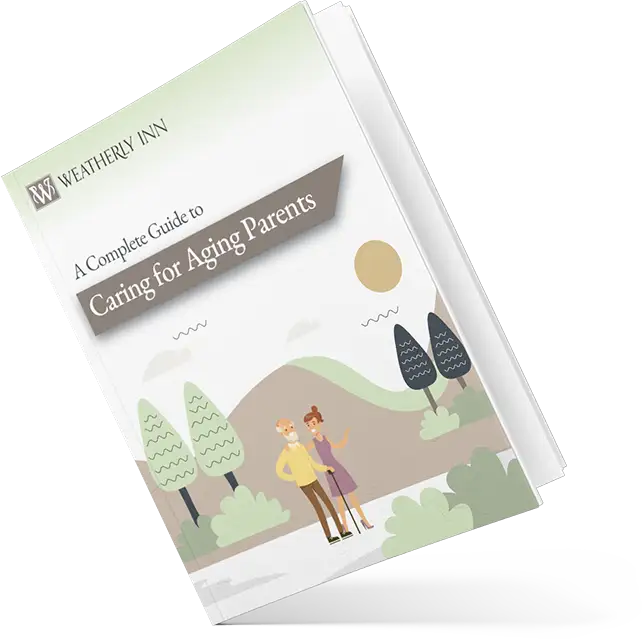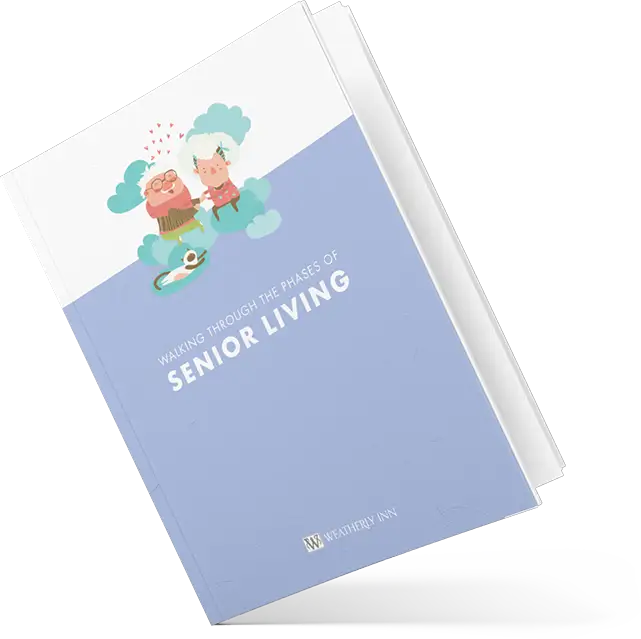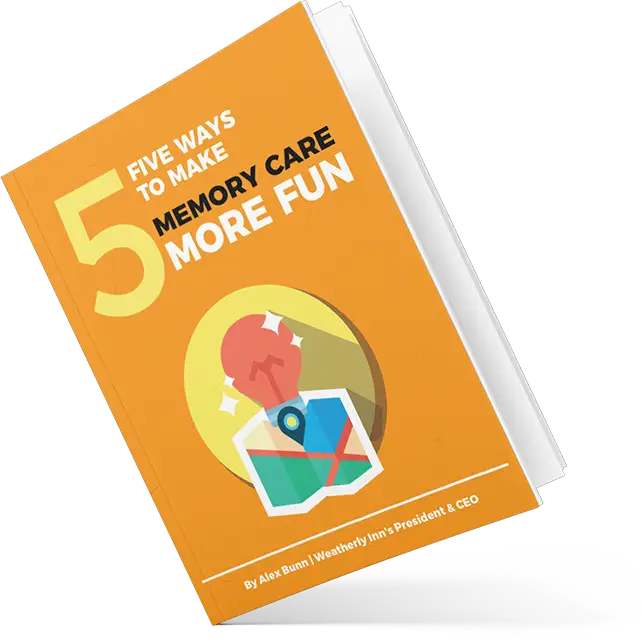October 21, 2025
Friendships have more of an influence on health and general well-being than many people realize. Friendships support health, independence, and everyday joy. For older adults, understanding why making a connection with someone might sometimes feel harder later in life is the first step towards building one. Let’s take a look at the barriers, the benefits, and practical ways to meet new people at home and in a retirement community.
Why Making Friends Can Feel Harder Later in Life
Common Barriers for Seniors
Changes in routine after retirement, relocation to be closer to a family member, limited transportation, lack of mobility, hearing challenges, and the loss of peers can narrow social circles. Caution about new environments can also reduce social interaction. Know that while there is an adjustment period, it won’t last forever.
Social Hesitation Is Normal
It’s natural to worry about intruding on others or not knowing what to say, but know that most people want to talk to you as much as you want to talk to them. Research shows repeated casual contact builds comfort over time, so small, low-pressure interactions are an effective starting point.
Why New Friendships Matter for Health and Quality of Life
Stronger social connections are associated with lower rates of depression and anxiety. They provide emotional support during health changes or transitions. Loneliness and social isolation are linked with higher risks of heart disease, stroke, type 2 diabetes, and earlier death. They may not seem like it at first glance, but relationships are a key component to a healthy lifestyle, right up there with proper nutrition and exercise. On top of that, consistent interaction and engagement appear to support brain health and are associated with a reduced risk of dementia.
Easy Ways to Meet New People in a Senior Living Community
Use Common Areas and Mealtimes
Shared dining, lounges, gardens, and activity rooms create daily opportunities to meet a fellow resident without pressure. Sit at a new table once in a while, and ask about game nights or music hours.
Join On-Site Clubs and Classes
Fitness, walking groups, art studios, book circles, and volunteer teams bring together people with a shared experience. Start with one recurring group that fits your energy level.
Make Use of the Calendar and Resident Ambassadors
Most communities publish an event calendar and can arrange introductions. If you feel the need, ask the staff to seat you with a welcoming table or pair you with a neighbor for the first week.
Friendship Tips for Seniors Living Independently
Go Where Conversations Already Happen
Attend senior center programs, faith or cultural gatherings, library workshops, tai chi or water aerobics, and neighborhood association meetings. Choose options with built-in repetition, which increases the likelihood that an acquaintance will become a close friend.
Turn Hobbies Into Meaningful Relationships
Why Shared Activities Work
Teams, classes, and volunteer roles add structure, purpose, and a natural topic to discuss. Shared activities reduce small-talk fatigue and make it easier to maintain social interaction week after week.
Related Questions
Why Can It Feel Harder to Make New Friends Later in Life?
Life transitions, health changes, fewer routine touchpoints, and relocation reduce casual contact. The fix is to rebuild routine interactions in places designed for connection, including common areas and group programs.
What Are the Most Common Barriers Seniors Face When Building New Friendships?
Transportation, health or mobility limits, grief, caregiving demands, and social hesitation can get in the way if you let them. Structure and staff-supported introductions lower these barriers.
How Many Friends Do Older Adults Have?
Surveys show wide variation. About half of older adults report five or more close friends, and most older adults report at least one. Use this as encouragement that meaningful relationships remain attainable.
What Are Some Easy Ways to Meet New People in a Senior Living Community?
Attend a weekly class, sit with a new table at meals, visit events that encourage participation, and ask to be introduced to a fellow resident with similar interests.
About Weatherly Inn
Weatherly Inn is a family-owned and operated senior living company rooted in dignity and respect. Three generations have shaped its legacy of care and commitment to style, comfort, and dignity. Communities across Washington offer independent living, assisted living, memory care, and respite care in warm, welcoming settings designed to make it easy to build friendships.
If you want to see how programming, dining, and common areas support social interaction, schedule a tour of a nearby Weatherly Inn community and talk with a team member about opportunities to meet people who share your interests.



